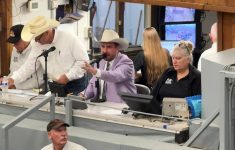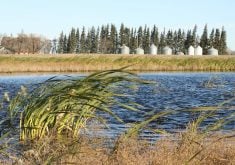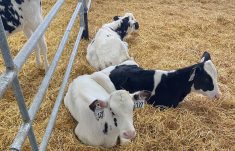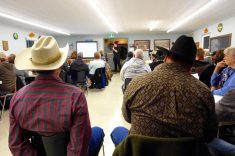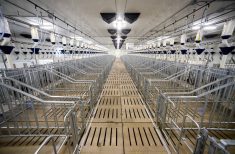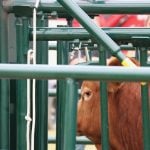Canadian farmers have avoided conflicts with animal rights activists seen in other countries by co-operating with humane societies and scientists in adopting proper treatment for their livestock and poultry, says a representative of the Canadian Federation of Humane Societies.
Geoff Urton, animal welfare manager for the B.C. SPCA, says the agriculture community has fully supported the work of the National Farm Animal Care Council (NFACC) to establish detailed codes of practice on raising animals humanely.
The presence of NFACC is a good sign because it shows that agriculture is taking the concerns of animal welfarists seriously, he told the organization s 2011 conference. Since it was formed in 2005 to develop the codes, it has brought together farmers, veterinarians, scientists, humane societies, the food industry and governments to work on them. Most will be complete by 2014.
Read Also
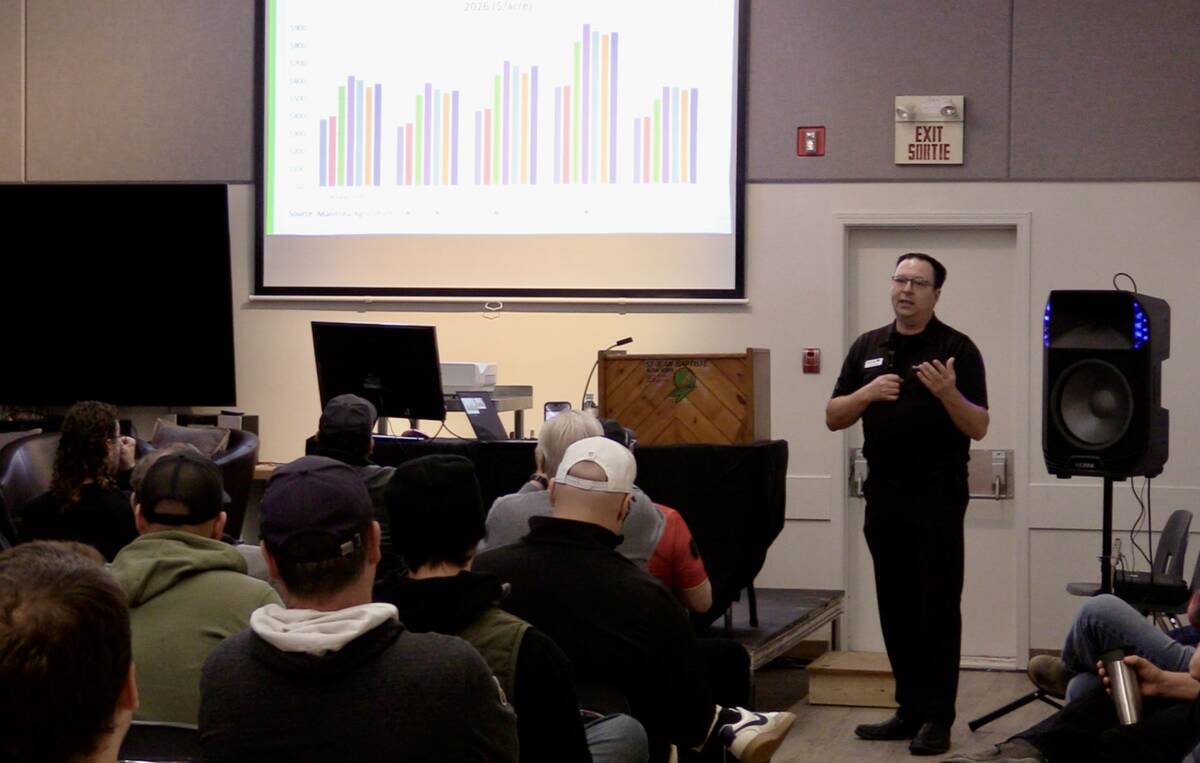
VIDEO: Farmer inflation double that of other Canadians
Darren Bond with Manitoba Agriculture says farm inflation is hitting Manitoba producers as high as 50 per cent over the past five years.
It s more than an industry body, he said. It builds relationships and offers a forum for talking about tough issues. Everyone brings a moderate, collaborative approach to the table.
Humane societies want to help people who own animals, he said. The SPCA chapters in B.C. and Alberta offer a voluntary program that recommends to consumers farmers who raise animals humanely.
Meanwhile, David Smith, national vice-president of retail strategy and sustainability for Sobeys, said consumers increasingly want proof that meat comes from humanely raised animals and the NFACC could offer the kind of assurance. It s crucial to measure the on-farm treatment of animals and verify the data independently, he said.
Livestock groups need to get their members engaged in meeting the requirements of the codes, he said. Consumers want to do the right thing and they want to know the story behind their food.
Smith said sustainability is going to dominate the food business in the near future and companies want to make sure they re prepared. If they can t get verifiable information on animal care, they will take their business elsewhere.
Ed Pajor, a professor of animal behaviour and welfare in the veterinary school at the University of Calgary, said the Codes of Practice are a good way to prove that farmers do care for their animals welfare.
We need benchmarking of the farms to show they adhere to the best practices, he said. Currently, agriculture benchmarking is all about efficiency and profit. They make sure farms perform.
That record-keeping needs to be applied to the care of livestock and poultry, he added.
The public regards farm animals as sentient creatures and not just units of production, he noted. This emphasis on animal feelings and condition isn t lost on retailers and restaurant chains. They will institute their own certification programs if farmers don t.
He also emphasized the need for farmers to realize buyers want documentation on the effectiveness of their animal-care practices. They want you to show them you re doing the right thing.
Anne Marie de Passille, a dairy cattle specialist at the Agriculture Canada research station in Agassiz, B.C., said her group and Dairy Farmers of Canada are collaborating on developing a program for determining the comfort and well-being of cows and calves. An important part of the program is a colostrum assessment, she said.
We score the producer on various aspects of farm management for cows, calves and heifers.
The farmer can use it to self-evaluate the operation or do it in co-operation with the veterinarian. The farmer gets a report on how well the farm is doing at providing for the care and comfort of its animals, she said.
DFC took the lead in developing a code of practice for its sector as an example for the other 18 livestock and poultry species. Once the dairy one is complete, then the industry has to focus on assuring the public that farmers follow the comfort rules.
We should train farm advisers and vets so the program works equitably across the country. Farm audits will help identify the farmers who need help.
Sweden has a similar program. Most of the country s dairy farmers follow through its four steps to ensure their cows are able to perform at their maximum, she said. They help the producer understand the cows. It goes into considerable detail and can signal welfare issues.
Once the farmer passes, the milk from the farm can be sold as part of seal of quality product line.



